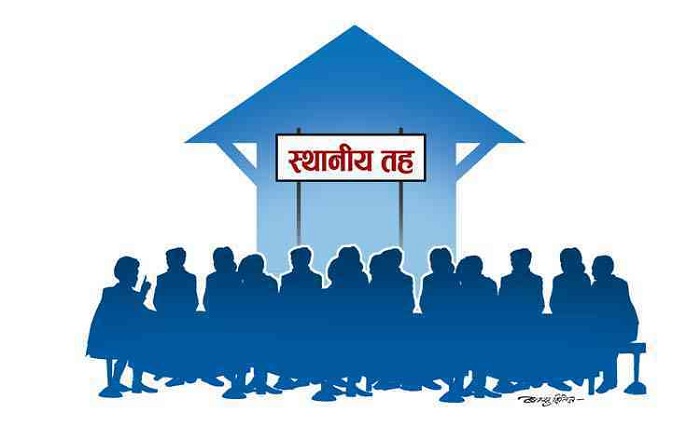
11 Local Levels of Gulmi Launches Textbooks with Local Curriculum
In Gulmi, Nepal, a remarkable educational shift is underway, with 11 out of 12 local levels developing their own curriculums, aligning with the National Curriculum Framework 2076. Spearheaded by Loknath Marasini, head of the education development unit, this initiative excludes only Isma Rural Municipality, which is currently preparing its curriculum. Emphasizing local culture, geography, and skills, these curriculums are further brought to life through textbooks, with seven local levels already producing or printing materials for various classes.
Local Curriculum Development
- Decentralized Education: Loknath Marasini, the head of the education development and coordination unit in Gulmi, highlighted that all local levels, except Isma Rural Municipality, have crafted their unique curriculums.
- Isma Rural Municipality's Progress: Currently drafting its basic level curriculum, Isma Rural Municipality is on its way to join its counterparts.
Textbook Creation and Distribution
- Varying Stages of Textbook Production: Among these local levels, 7 have gone a step further by creating textbooks. Dhurkot Rural Municipality has already produced textbooks for classes 1 through 5, with materials for classes 6 to 8 being printed.
- Focused Efforts in Other Municipalities: Malika Rural Municipality has developed a basic-level textbook, while Rurukshetra and Chandrakot Rural Municipalities are in the process of printing their textbooks for classes 1 to 5.
- Madane and Satyavati's Contributions: Madane Rural Municipality is amid printing textbooks for classes 4, 6, and 7. Satyavati Rural Municipality has also produced a basic-level textbook.
Local Curriculum's Impact on Community Knowledge
- Cultural and Geographical Awareness: Yuvraj KC, Chairman of Chandrakot Rural Municipality, emphasized the importance of local curriculum in educating students about local art, culture, and tourist attractions. The curriculum also covers vital aspects like local geography, natural resources, and traditional skills.
- Comprehensive Subject Matter: Topics like health, nutrition, first aid, disaster risk management, and sustainable development practices are included, as informed by Nayansingh Thakuri, Head of the Education Branch.
The Role of Textbooks in Localized Education
- Bridging the Gap in Education: Bhupal Pokharel, Chairman of Dhurkot Rural Municipality, pointed out that textbooks based on local curriculums address topics overlooked by the national curriculum.
This initiative in Gulmi is a shining example of how localized education can empower communities, preserve local heritage, and provide a more comprehensive understanding of the world to students. By focusing on the distinct needs and characteristics of their localities, these educational reforms promise to enrich the learning experience and strengthen community ties.
Lumbini Pradesh Gulmi

